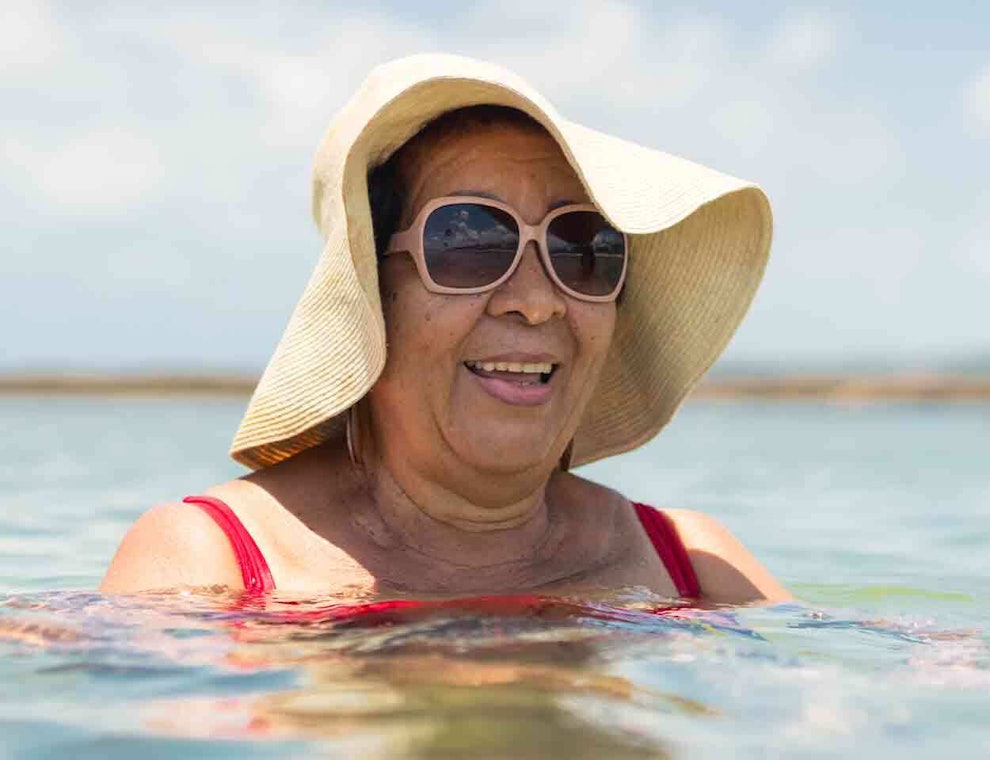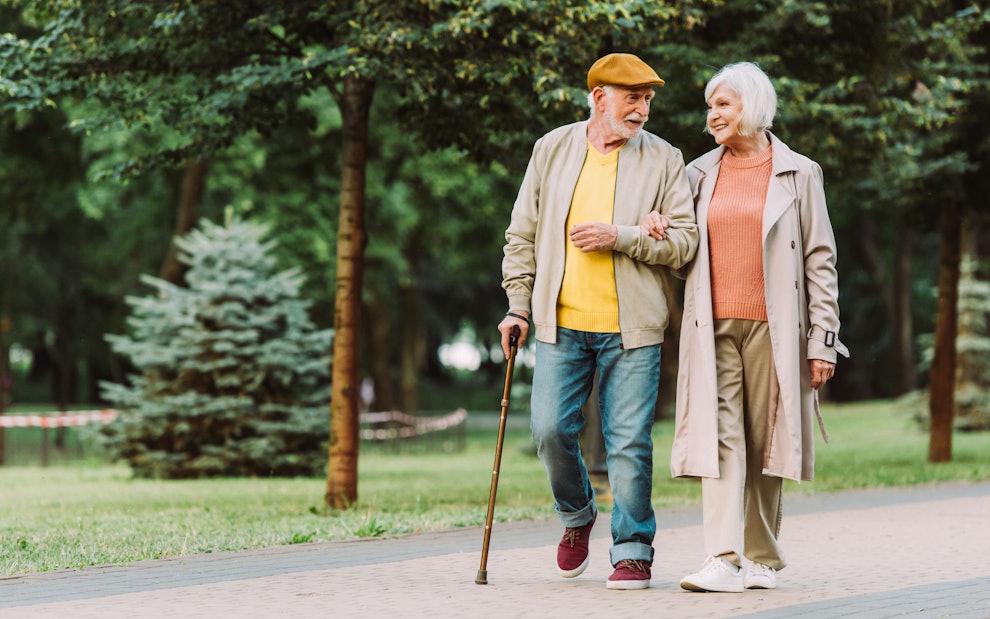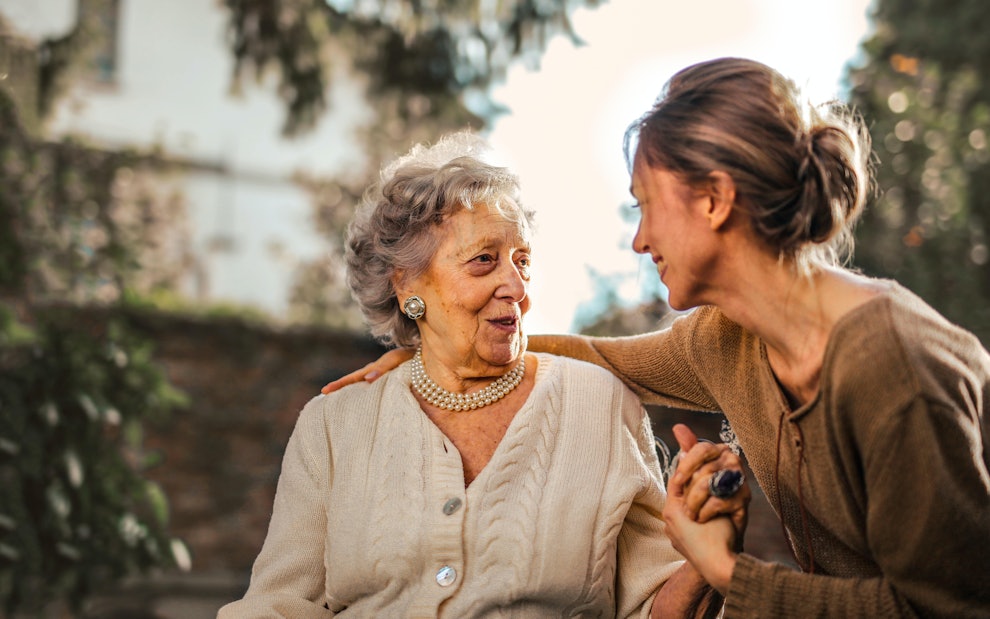Fun in the Sun: Safe Activities to Enjoy the Summer
Article at a glance
Vitamins are substances that are essential to our bodies. We mostly obtain them from food, with the exception of vitamin D, which we can also get from sun exposure. To learn more about vitamin D, read this section.
Vitamin D has a wide range of benefits, like helping to prevent and treat certain diseases. To learn more about vitamin D benefits, read this section.
Summer is a great time to explore the outdoors. To learn more about safe activities you can do in the summer, read this section.
Being out in the sun can be fun, but it also carries some risks. To learn about summer safety tips, read this section.

When you think of summer, does it make you want to head outside and bask in the sun — or just stay indoors and turn on the fan? Despite the rising temperatures, there are plenty of fun and safe activities you can enjoy in the summer. Spending time outdoors can also improve your physical health and social well-being. But in addition to the benefits of getting out, it’s important that you also know the risks of sun exposure, and what you can do to make your experience not only enjoyable, but also safe.
What is vitamin D?
Vitamins are substances that the body needs to grow, develop, and function normally. They can be categorized as water-soluble or fat-soluble. Water-soluble vitamins cannot be stored in the body, and any excess amount is removed by the kidneys through the urine. Because of this, you need to ingest them regularly in small, frequent doses to maintain a certain level in the body. The only exception is vitamin B12, which is a water-soluble vitamin that can be stored in the liver for a long time. In contrast, fat-soluble vitamins are stored in the body’s fat tissues, and your body doesn’t remove them as quickly as water-soluble vitamins. Therefore, taking in too many can cause vitamin levels in your body to rise and become toxic.
Vitamin D is a fat-soluble vitamin that can be found in certain foods such as egg yolks, fatty fish, and fortified milk. It can also be obtained from the sun (hence the name “sunshine vitamin”). Regardless of whether vitamin D is obtained from the sun, food, or supplements, it undergoes several processes in the liver and kidneys before it can become activated and exert its effects. Both men and women aged 51 to 70 years old need at least 15 micrograms but less than 100 micrograms of vitamin D every day, while those over 70 need at least 20 micrograms but still less than 100 micrograms a day. For most people, around 10 to 15 minutes of sun exposure 3 times a week is enough to reach these requirements. However, there are certain factors that may affect vitamin D levels. Specifically:
Location: those who live in northern regions may not receive enough vitamin D from the sun during the winter months.
Age: the older a person gets, the less able their skin is to produce vitamin D. Those over 65 years old are able to produce only 1/4 the amount of vitamin D compared to when they were in their 20s.
Skin color: darker-skinned individuals usually have lower levels of vitamin D compared to those with lighter skin.
Weight: those with a BMI over 30 may have lower levels of vitamin D in their blood because the majority of it is being stored in fat.
Health conditions: chronic issues such as inflammatory bowel disease, liver disease, or cystic fibrosis can make the body unable to absorb vitamin D.
What are the benefits of vitamin D?
The main function of vitamin D is to promote absorption of calcium in the gut, and to ensure adequate calcium and phosphate levels in the body. This helps maintain healthy bones and prevent involuntary muscle contraction (like cramps and spasms). Lack of vitamin D can lead to soft bones (osteomalacia) or brittle bones (osteoporosis), which causes them to become weak and more prone to fractures.
Vitamin D has many other functions as well, such as decreasing inflammation, and regulating body processes involved in growth, neuromuscular function, immune defenses, and blood sugar processing. Aside from helping to keep you healthy, vitamin D may also protect you against certain health issues and may even help in treating them. These include:
heart disease
high blood pressure
diabetes
infections
immune system disorders
falls (especially in the elderly)
some forms of cancer (e.g., colon, prostate, breast)
multiple sclerosis
It’s important to remember, however, that although vitamin D has a lot of health benefits, too much can be harmful. An excess can lead to nausea, muscle weakness, and confusion, among other things.
What activities can I do in the summer?
Spending time outdoors has many benefits like improving mental health, memory, creativity, and overall well-being. Studies show that those who run, bike, or even just walk in a natural setting are less likely to have depression and anxiety compared to those who exercise indoors. Going on nature walks with other people may also provide more positive feelings and lower stress. Activities that include more time surrounded by nature, such as going to the park, may even improve your mood and increase your overall happiness. There are plenty of fun summer activities you can safely do outdoors, such as:

Take a walk
Walking is a good form of exercise, especially for seniors. It can be done at a low or moderate intensity, has a low risk of injury, and is easy for most people to do. Some of the benefits of walking include:
improved heart health
fewer weight problems
boosted immunity
reduced risk of disability
preventing and reduces arthritis pain
prolonged lifespan
It can even be as effective as running (as long as you expend the same number of calories)
Enjoy a picnic
Social activities and gatherings such as picnics help you keep your brain active and feel more connected with those around you. Those who engage in activities with other people tend to live longer, have improved mood, and are better able to maintain their well-being. Other beneficial outdoor social activities include volunteering, walking groups, and senior fitness classes.
Go for a swim
Swimming provides a lot of benefits. Being in the water helps keep your body cool, and water-based exercises can improve heart and brain health, strengthen muscles, increase flexibility, reduce pain, and even improve your mood. Several clubs and gyms offer water aerobics classes for seniors. Not only is this a good form of exercise, but it can also give you a chance to socialize with other people.
Go fishing
Fishing is an activity you can enjoy alone or with other people. It can serve as a form of stress relief, help you have fun, and give you a chance to bond with friends and family.
Try gardening
Gardening is not just a hobby; it can play a role in your health as well. Activities like planting, pruning, and watering can serve as a form of moderate exercise that promotes flexibility, coordination, muscle and heart health, and general physical well-being. Gardening can also help reduce stress, make you feel relaxed, and be a gateway to interact and socialize with other people with the same interest.
Play golf
Golf is an ideal sport for seniors. It’s a form of exercise that’s easy to stick to, can improve concentration, and encourages socialization with other people. It may also improve your walking and standing ability, balance, strength, and brain function.
Snap some pictures
You don’t have to have the most expensive digital camera to take good photographs — even a simple cell phone can do the trick. Photography can reduce anxiety, influence creativity, and boost your self-confidence. Photographs can also serve as documentation of your life journey, something you can look back to whenever you want.
Summer safety tips for seniors
Adults over 60 years old account for more than 80% of heat-related mortality in the US. Even a temperature rise of only 1‑degree-Celsius (1.8 F) increases the mortality rates in those with chronic health conditions. Therefore, it’s important to take extra precautions, especially during the summer. While enjoying your favorite outdoor activity under the warmth of the sun, remember to follow these safety tips:
- Keep cool: avoid staying under the direct sun for more than 1–2 hours at a time, and turn the air conditioner on when indoors
- Stay hydrated: drink more water to avoid dehydration
- Apply bug spray: avoid mosquito bites as these can cause certain diseases
- Take breaks: hot and humid weather can tire the body out more easily
- Wear sun-protective clothing and sunscreen to minimize the harmful effects of ultraviolet radiation
- Maintain communication: if you’re doing things alone, always let loved ones or caregivers know where you are and make sure you have an easy way to reach them in case of emergency
- Avoid going out on extremely hot days: check the weather and stay indoors if it’s too hot outside.
Spending time outdoors can be a fun experience, with plenty of available activities. Not only do you get your daily dose of vitamin D through sun exposure, but outdoor activities can also improve your overall health and well-being. The important thing is to be safe and to take the necessary precautions.
Sources
- https://medlineplus.gov/ency/article/002399.htm
- https://www.uofmhealth.org/health-library/ta3868
- https://ods.od.nih.gov/factsheets/vitamind-healthprofessional/
- https://www.nia.nih.gov/health/vitamins-and-minerals-older-adults
- https://my.clevelandclinic.org/health/articles/15050-vitamin‑d–vitamin-d-deficiency
- https://www.health.harvard.edu/staying-healthy/taking-too-much-vitamin-d-can-cloud-its-benefits-and-create-health-risks
- https://ods.od.nih.gov/factsheets/VitaminD-Consumer/
- https://eldercarealliance.org/blog/seniors-benefit-spending-time-outdoors/
- https://thecaregiverspace.org/8‑science-backed-health-benefits-to-walking-for-seniors/
- https://www.nia.nih.gov/health/cognitive-health-and-older-adults
- https://oaksatdenville.org/blog/benefits-of-swimming-for-seniors/
- https://dwr.virginia.gov/fishing/top-10-reasons-to-go-fishing/
- https://bethesdahealth.org/blog/2021/06/02/benefits-gardening-seniors/
- https://news.usc.edu/trojan-family/golfs-unexpected-health-benefits-for-seniors/
- http://www.askcolorado.org/the-many-benefits-of-photography/
- https://www.alarms.org/infographic-summer-safety-tips-for-seniors/
- https://www.ncbi.nlm.nih.gov/pmc/articles/PMC2900329/
Become a patient
Experience the Oak Street Health difference, and see what it’s like to be treated by a care team who are experts at caring for older adults.




